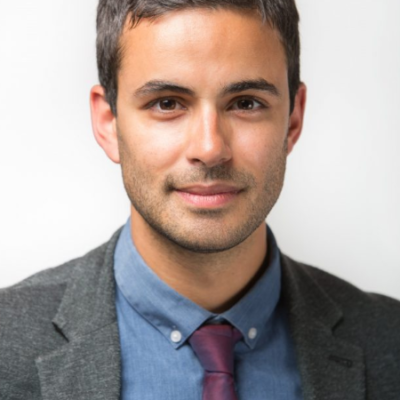
Is the term staycation analytically useful? Michael Hitchcock gives his view in the April Journal
The term ‘staycation’ came into popular use in the early 2000s, but it may be considered to be slightly problematic as it seems to have acquired a variety of meanings. Is it a kind of holiday in which one stays at home taking leisure trips to destinations without staying overnight or is it a synonym for ‘domestic tourism’ in which you holiday in the country where you live? Might the term even be considered to have pejorative undertones in the sense because you don’t have the money or time to finance a ‘proper’ holiday? The lockdowns and travel restrictions that have come into being during the current pandemic may make us want to interrogate the usage of the term ‘staycation’ and it is possible that we might find it of limited analytical value for the following reasons.
First, let’s consider the case of China where domestic tourism in the time of Covid 19 has helped to plug an economic gap with holidays rising to near 2019 levels, which, according to some sources, is by as much as 90%. Given its resilience and economic importance the Chinese so-called ‘staycation’ can hardly be regarded as second best and the term domestic tourism might be considered to be an alternative and more appropriate designation as it suggests that what people are taking are real vacations.
Second, let’s consider the UK lockdown where staycations in the sense of visiting destinations from a home base where discouraged with increasing police enforcement. Even the so-called UK ‘staycation’ that is widely thought to experience an increase once the restrictions are lifted may be equally misleading and here it is helpful to look at the revival of certain UK seaside destinations regardless of the pandemic. In particular, it is useful to consider the case of Bognor Regis which is the continual butt of jokes, not least in the BBC’s comedy series ‘Don’t Forget the Driver’ co-written by Tom Crouch and Toby Jones, which looks woefully out of date when one considers the revival and huge success of Butlins under the leadership of Jeremy Pardey. It is not unusual for this author to hear sneering references to Butlins and staycations in London by academics conducting research on tourism without them being in the slightest bit aware of Pardey’s claim that the resort is hosting 300,000 visitors a year and delivering exceptional holiday experiences. In short what Butlins is delivering are rewarding and interesting vacations in the fullest sense that makes us want treat the term staycation with a certain amount of caution.
After all, if the Chinese figures are to be believed, and there does not seem to be a good reason to doubt them, then domestic tourism should be seen as a valuable resource and perhaps one that might assume even more importance in the post-pandemic era.




